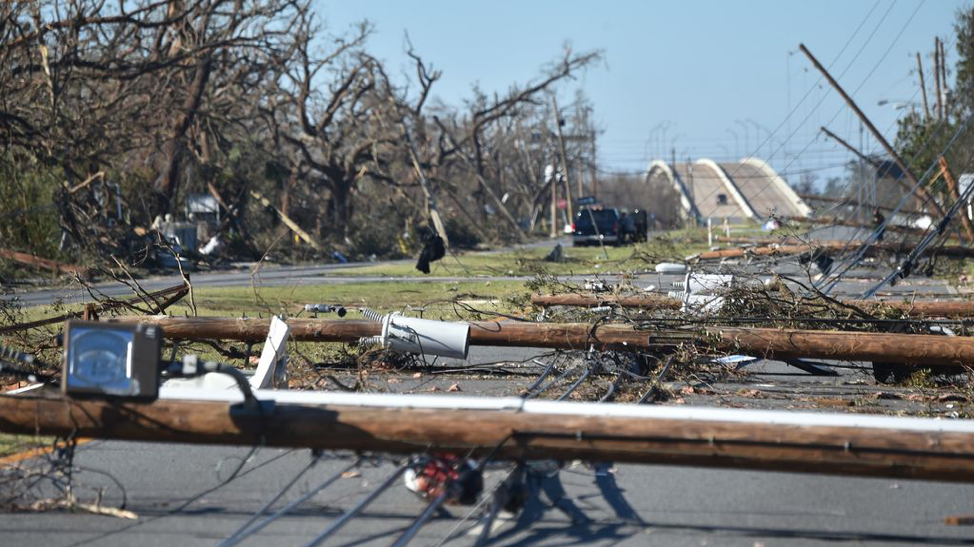When Hurricane Michael came ashore at Mexico Beach, Florida on October 10, 2018 it was a monster, having rapidly intensified to major hurricane status from a tropical depression in just three short days. At landfall it was the first Category 5 storm to hit the continental United States since Hurricane Andrew hit Miami in 1992. In its wake, communities were left stunned and shattered by the destruction that arose seemingly from nothing.
At the time of landfall, just a few miles up US 98 from Mexico Beach the Panama City Police Department was hosting a vital piece of software utilized by local law enforcement agencies across the state. The Traffic and Criminal Software (TraCS), managed by FLR partner institution Florida State University (FSU) under a grant from the Florida Department of Transportation, is utilized by 200 law enforcement departments across Florida.
225.000 crash reports
While FSU is an Florida LambdaRail (FLR) member, most TraCS users, including Panama City, are not FLR affiliates. TraCS is used to electronically submit around 225,000 crash reports and millions of citations to local county clerks each year. Without the software, citations and reports would have to written by hand and personally submitted. Understanding the importance TraCS represents to law enforcement operations, in July the decision had been made to engage the City of Clermont, an FLR Affiliate in the Central part of Florida, to serve as a backup location for this service. Plans were put in place to make the connection live by the end of the year.
Knocked offline
Then Michael hit.
Due to the extensive damage caused by Hurricane Michael, TraCS was knocked offline and an emergency process was started to install backup servers in Clermont ahead of schedule. New equipment was expedited and by Oct 15th at 8am it was on site. 12 hours later, with FLR engineers providing remote assistance to City of Clermont and FSU staff, the TraCS program was completely up and running. As a result of their collective hard work, an important public service was restored with minimal interruption.
Highlights network flexibility
“This process highlights the flexibility inherent in the FLR network,” said FLR CEO Joseph Lazor. “Our engineers work hard to mitigate risks, but especially in Florida disasters are going to happen. When the unthinkable does occur, our members and affiliates know FLR is the partner they can count on to go the extra mile to make things right.”
FLR is owned by 12 equity-owning partner universities. FLR affiliates: 18 State Colleges, 5 Public School Districts,
11 Local Governments, 5 Hospital Systems, 5 Research Institutions, 3 Community Foundation/Arts.







